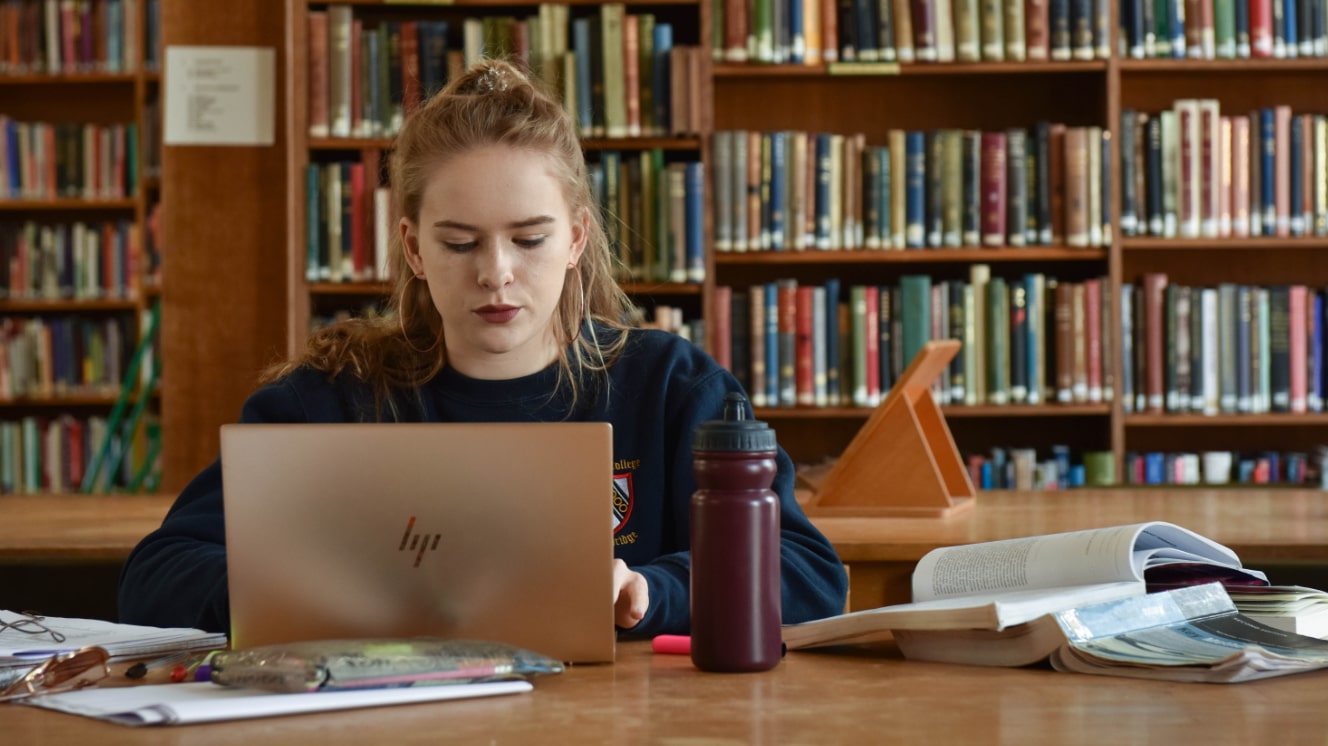In recent decades, forms of political Islam have emerged in Turkey, and since 2002 an Islamist party has been in power. The predominant kind of Islamism we are witnessing in Turkey differs greatly from more radical kinds of Islamism that exist in the wider Middle East region. Nonetheless, it raises questions about the future prospects of the country’s secular tradition, and challenges the legacy of its secularist founding father, Mustafa Kemal Atatürk (d. 1938).
This topic explores the tradition of secularism in Turkey, and traces some of the major events in the Turkish Republic’s history that have proven pivotal to the emergence of political Islam. It introduces two major religious groups, the Alevis and the Gülen Movement, and explores the specific ways in which they have engaged with the secularist project – both supporting and subverting it.
Learning Outcomes:
1. To understand the founding principles of the Turkish Republic and its secularist doctrine known as Kemalism.
2. To explore the religious landscape in Turkey and become familiar with its major religious factions and groups.
3. To chart the chronology of Turkish Islamism and recognise the key events that heralded its political ascendance at the end of the 20th century.
Today, Turkey is more divided on religious questions than ever before. Secularists and members of the country’s minority Alevi community are alarmed at the increasingly authoritarian nature of President Erdoğan’s leadership. Supporters of the ruling party, meanwhile, enthusiastically endorse his ‘neo-Ottoman’ agenda to re-shape Turkey in the image of its imperial, religious past. Above all, the Turkish case exemplifies the complexities of negotiating Islam and secular modernity. How is modernity being lived out in Turkey? And if the westernization project that Atatürk initiated is now failing, then what will replace it?


